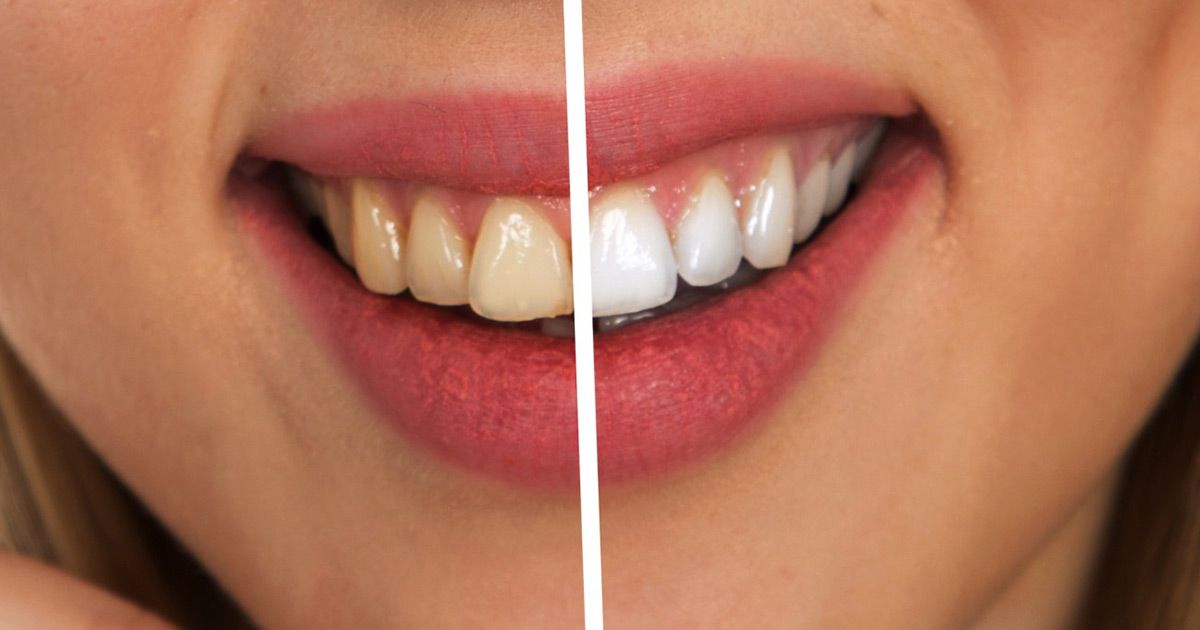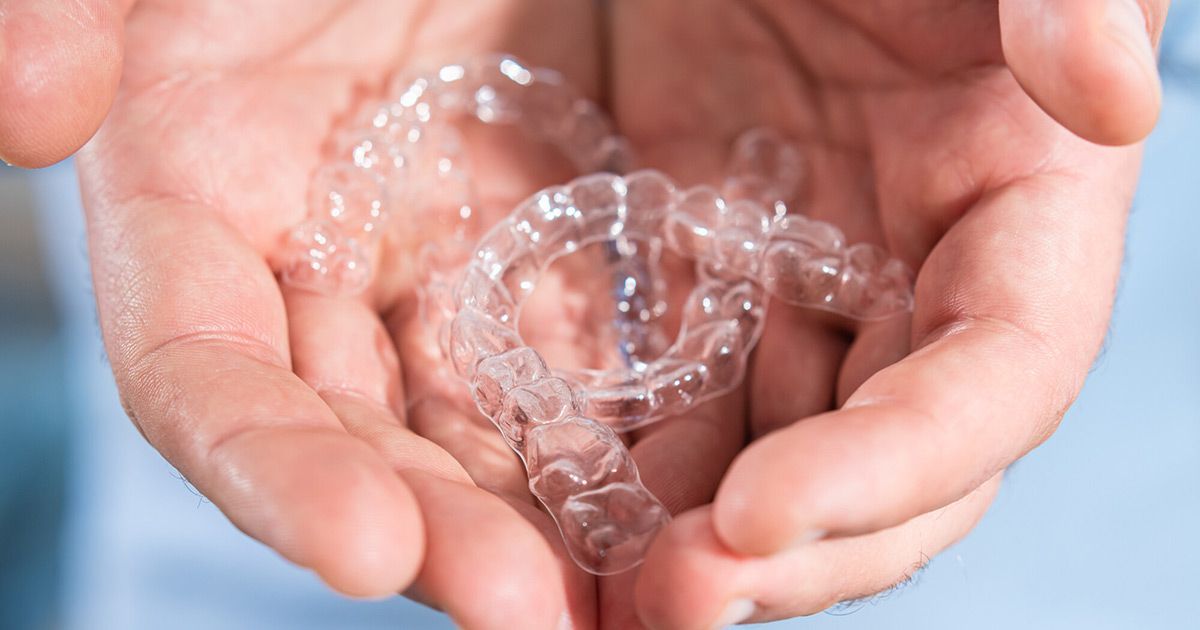TMJ Disorders: Diagnosis, Symptoms, and Treatment
There are several things you should understand about TMJ disorders. You can learn more by checking out our helpful guide here.
On a day-to-day basis, most people look at their faces in the mirror and probably do not realize the sheer amount of muscle, ligaments, joints, and nerves that run under the skin. All of these components are necessary for the full function of facial expression, eating, breathing, and more.
It's only when something goes wrong with any of these muscles, joints, or ligaments that we realize how important they are. One such joint that is prone to problems is the temporomandibular joint (TMJ), which can lead to TMJ disorders.
To learn more about this condition this blog outlines everything you need to know about symptoms, causes, diagnosis, and treatment.
TMJ Disorders: What Exactly Are They?
The temporomandibular joint plays a huge role in the function of the jaw. It connects the lower jaw, also known as the mandible, to your skull. You have a TMJ joint on either side of the head.
This joint is responsible for the opening and closing of your jaw and mouth , allowing you to speak, eat, drink, breathe, and more.
The term ''TMJ'' is often used interchangeably with ''TMD" or ''TMJ'' to describe a number of health problems related to the jaw. This disorder is related to pain and tenderness in the joint, which also causes facial pain, immobility of the joints, and other problems. Some people may struggle with joint pain on one side of the skull or both.
According to research , TMJ disorder is a common health problem across the U.S. today, with as many as 10 million people suffering from this disorder.
Essentially, TMJ is characterized by the dysfunction of the joint and the muscles surrounding it. But the workings of the jaw are quite complicated.
The temporomandibular joint, mandible, and the temporal bone of the skull allow the jaw to move in three dimensions. Any of these parts can become the source of this condition.
So, what are the symptoms?
- Tenderness or pain radiating throughout the jaw
- Pain in either one of the temporomandibular joints, or both
- Persistent earache -- either in or around the ear
- Pain or difficult chewing
- A general ache of the lower face
- A jaw that locks or clicks when you open or close your mouth
-
Tenderness or pain radiating throughout the jaw
TMJ disorder can also cause a grating sensation in the joints of the jaw as you chew or open and close your mouth.
It's important that you make an appointment to see your dentist if the pain in your jaw is persistent. Especially if you cannot open or close your jaw completely.
What Causes TMJ Disorders?
These important joints are under a lot of pressure, all day, every day. The workings of the jaw combine two actions -- a hinge and sliding motion.
The bones surrounding the TMJ are protected by cartilage and separated by a small disk that absorbs shock and friction. These components are essential in ensuring the jaw moves smoothly.
A disorder of the jaw is usually caused by:
- Damage or erosion of the cartilage on surrounding bone, usually caused by arthritis
- Disk erosion or misalignment
- Damage to the joint due to high impact
In some cases, the exact cause is not always clear. Each person has a unique bone and joint structure, which can make the exact cause difficult to pin down. However, treatment is highly successful and accessible, and sometimes it resolves on its own.
What Puts You At Greater Risk of TMJ?
There are a few factors that increase your risk of developing this disorder.
Some of these include a family history of arthritis and jaw injury. Long-term grinding (bruxism) or clenching of the teeth can also lead to the condition, as well as certain connective tissue diseases.
How is TMJ Disorder Diagnosed?
If you suspect you could be struggling with this disorder, make an appointment with your dentist. During your first appointment, your dentist will thoroughly assess your jaw and go over your symptoms.
They will also conduct a few tests, such as:
- They will observe the movement of your jaw i.e. range of motion
- They will listen and feel your jaw as it opens and closes
- They will put pressure on certain areas around the jaw to determine areas of pain
If your dentist suspects TMJ they will conduct x-rays of your jaw and mouth. You may also be referred for a CT scan or MRI to assess detailed imagery of the bones around the joint, the disk, and surrounding tissue.
In some cases, you may have to undergo a jaw arthroscopy.
This is a procedure where a small, thin tube, known as a cannula, is inserted into the joint space of your jaw. A minute camera is then inserted into the cannula to take a look inside the joint area for a thorough diagnosis.
How is TMJ Disorder Treated?
For some people, the issue may resolve itself in time and you may not need any treatment. However, this is not always the case. If your symptoms get worse, you may need one form of TMJ treatment or more.
Some of the most common options include:
Medication
Your dentist may suggest the use of over-the-counter pain medication or anti-inflammatories for pain relief. If this does not suffice, they may also prescribe prescription-strength pain relief.
This is usually the first step in order to assess whether the condition will resolve itself. However, if your condition is causing major issues with your quality of life and sleep, your doctor will prescribe:
-
Tricyclic antidepressants - in low doses, this medication is useful for pain relief, the control of bruxism and sleep issues
-
Muscle relaxants - this type of medication is not prescribed long-term. But is used for the relief of muscle spasms associated with the condition
Medication is largely used as a form of pain relief and jaw relaxation. Generally, it is combined with other therapies in TMJ treatment.
Therapy
In conjunction with medication, there are also a number of non-invasive therapies, including:
-
Mouthguards - also known as oral splints. This is either a soft or firm device placed over the teeth to assist with jaw control and prevent bruxism
-
Physical therapy - your dentist may prescribe certain jaw stretching and strengthening exercises
-
Counseling - you will be educated on how to best manage your condition. This includes information on behaviors that could exacerbate pain and inflammation, and how to avoid them
Your dentist may also recommend certain lifestyle and home remedies as part of your treatment process.
This includes eating soft foods to avoid overuse of the jaw muscles. As well as applying warm or cold compresses to the face to relieve swelling and pain.
Find Relief with Georgetown Family Dentistry
At Georgetown Family Dentistry , located in Georgetown, MA, we specialize in the treatment of TMJ disorders.
If you're struggling with persistent jaw pain and discomfort, our dental experts can help you find the relief you're looking for. Get in touch with our practice for your next appointment.




